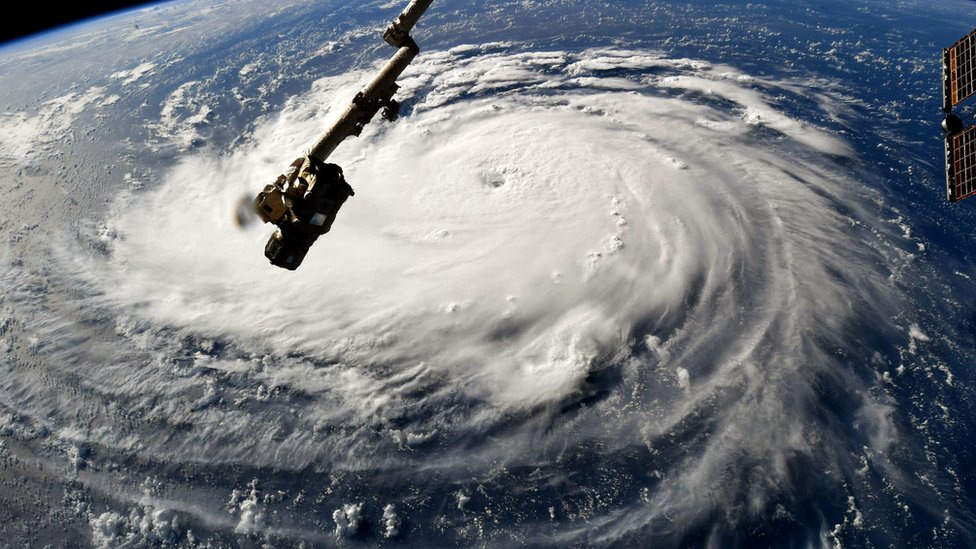TROPICAL storm Freddy was due to hit the coast of southern Africa again late yesterday or early today, having killed at least 21 people in Mozambique and Madagascar when it first made landfall last month.
The World Meteorological Organisation (WMO) said the storm was likely to cause extreme rainfall over large parts of Mozambique, as well as north-eastern Zimbabwe, Zambia and Malawi. One of the strongest storms ever recorded in the southern hemisphere, Freddy may also have broken the world record as the longest-lasting tropical cyclone.
More than 166 000 people were affected when the cyclone swept through southern Mozambique two weeks ago, washing away roads and flooding houses and schools, according to the country’s national disaster management agency.
As many as 565 000 people are at risk this time around in Zambezia, Tete, Sofala and Nampula provinces, with Zambezia expected to be the hardest hit. “It’s a slow-moving cyclone. This is bad news in terms of rainfall because it means it’s hovering quite close to the coast and it’s picking up more moisture, so the rainfall will be heavier,” Clare Nullis, WMO spokesperson, told reporters in Geneva yesterday.
Around the world, climate change is making hurricanes wetter, windier and more intense, scientists say. Oceans absorb much of the heat from greenhouse gas emissions, and when warm seawater evaporates, its heat energy is transferred to the atmosphere, fuelling stronger storms. Freddy has set a record for highest accumulated cyclone energy, a measure of the storm’s strength over time, of any southern hemisphere storm in history, according to the US National Oceanic & Atmospheric Administration.
The storm has generated about as much accumulated cyclone energy on its own as an average North Atlantic hurricane season, said Nullis. WMO is setting up an expert committee to determine whether it also broke the record for the longest duration, which will take some time, she added.
“World record or not, Freddy will remain in any case an exceptional phenomenon for the history of the South-West Indian Ocean on many aspects: longevity, distance covered, remarkable maximum intensity, accumulated cyclone energy amount, and impact on inhabited lands,” said Sebastien Langlade, a cyclone forecaster at the Regional Specialised Meteorological Centre in La Reunion. — Reuters
